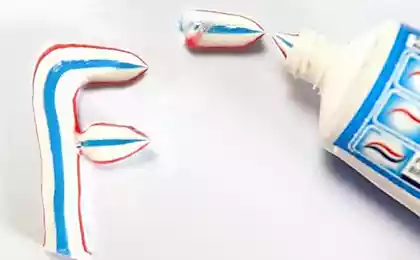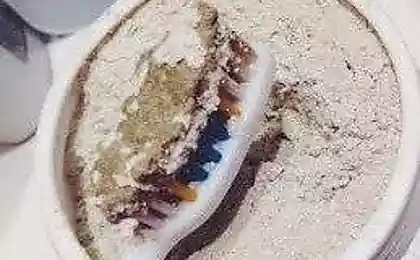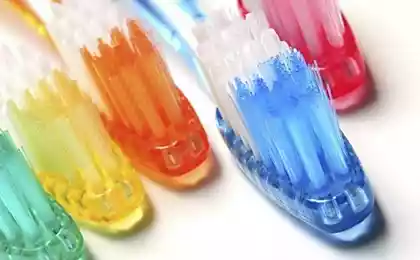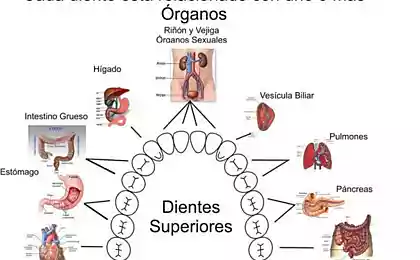506
Scientists have proposed to use instead of dental fillings cure for Alzheimer's disease
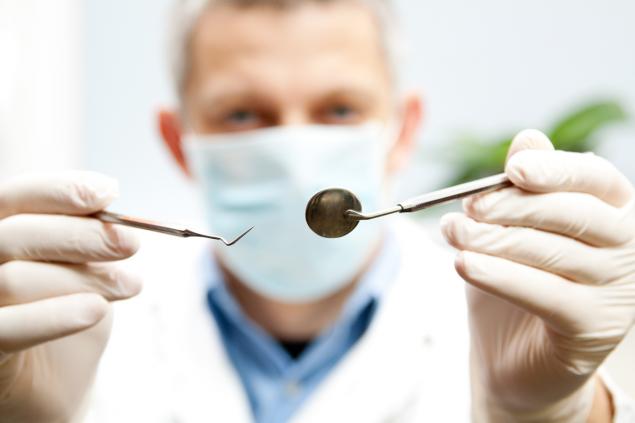
A group of researchers from king's College London have found a way to defeat the caries and restore the teeth without drills and fillings, stimulating their natural capacity to recover. The solution came from an unexpected quarter – the drug designed to treat Alzheimer's disease and other neurodegenerative disorders revealed an interesting side effect, renewable stem cells in the pulp of the tooth.
Our teeth have regenerative abilities, but they are very limited. A key role in protecting the tooth from infection and decay plays the dentin is a vital mineral, which form a highly specialized mesenchymal cells – odontoplasty. When the mineral layer of the tooth is under threat or have already experienced trauma or infection (caries), the internal soft tissue – pulp – may be exposed to the external environment and also to learn from the infection. Clinical repair of these teeth is made using the mineral aggregates – cement, fillers based on silicon or calcium. This seal remains in the tooth and not destroyed, which means that the normal amount of minerals of the tooth is completely restored.
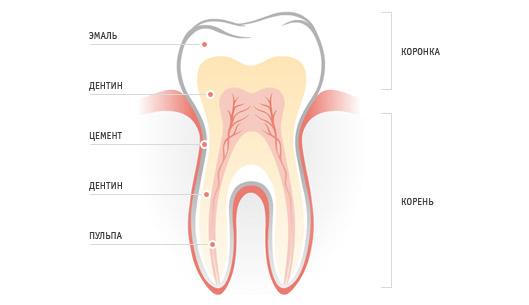
When the soft tissue of the pulp is damaged, it activates the natural recovery mechanism, which involves the conversion of mesenchymal stem cells in a new odontobutidae cells secreting a form of substitution of dentin. He, in turn, forms a thin plate, which protects the pulp from infection, shielding her from the effects of the environment. Unfortunately, formed in a natural way a new layer is too thin, and he's not effectively restores carious serious damage. In such cases dentists use artificial materials to fill the tooth and the replacement of lost dentin.
Scientists from the dental Institute at king's College London have found a way to stimulate the growth of stem cells contained in the pulp of the tooth, thereby generating a new layer of dentin, almost indistinguishable from the original, thereby potentially reducing the need for fillings.
This biological approach allows us to use the natural ability of tooth restoration, without the assistance of seals, which often provoke the emergence of infection and need periodic replacement. If a sealed tooth is inflamed, dentists are forced to remove the seal and fill the bigger cavity in the tooth. Eventually, after multiple treatment of the tooth thus, the "gap" in the tooth is becoming more and more, and there comes a time when the tooth to be extracted.
Notable in this story is the fact that one of the small molecules, which the team used to stimulate the growth of stem cells in the pulp of the tooth mice, was the molecule of the drug Tideglusib, namely inhibitors of glycogen synthase kinase (GSK-3). The drug was specially developed to fight neurological disorders, including Alzheimer's, and has already successfully passed clinical testing. New "side effect" discovered by scientists from king's College, will speed up the release of this drug on the market and wide application in practice.
To deliver a small dose of GSK-3 to the tooth, the scientists in their experiment on mice used a biodegradable collagen sponge. As the sponge media over time are destroyed, a new dentin replace them, which leads to a full, natural recovery. Thus, the researchers were able to fill of 0.13-mm holes in the teeth of mice over 6 weeks in a natural way. Collagen sponges are commercially available and clinically approved, which adds to the potential for accelerated treatment and use in dental clinics.
This is not the only approach to the treatment and strengthen your teeth, which offer scientists from king's College London. Another group believes that to strengthen the teeth, you can use electricity that can deliver the mineral cocktail deep into the tooth. The development of this technology deals with the Scottish company Reminova.
Scientific work published in the journal Scientific Reports on 9 January 2017
DOI: 10.1038 / srep39654
Source: geektimes.ru/post/284524/




